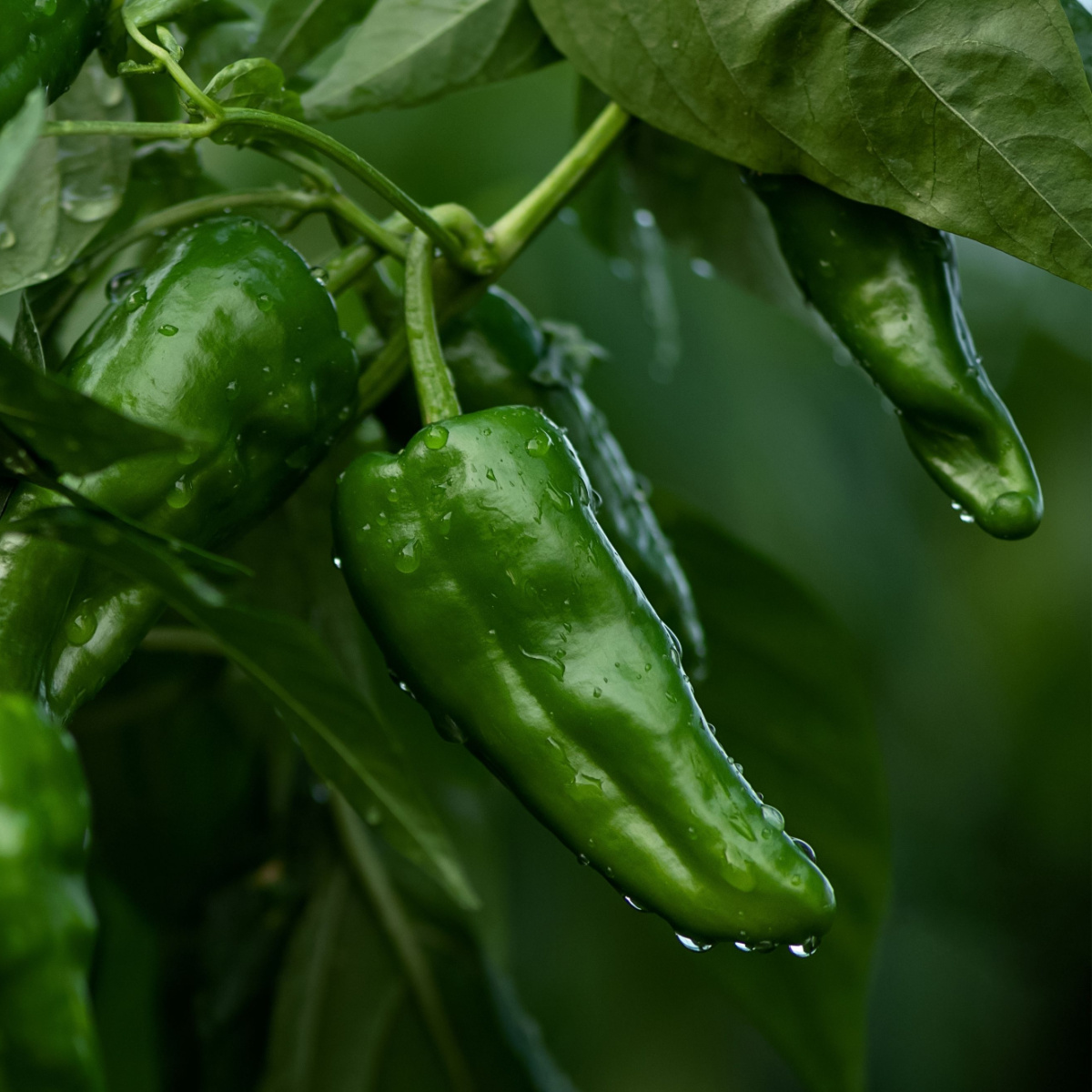Find Out the Best Fertilizers for Peppers: Top Picks for Ideal Growth
Find Out the Best Fertilizers for Peppers: Top Picks for Ideal Growth
Blog Article
Organic Vs. Synthetic Fertilizers: Which Is Best for Nurturing Healthy And Balanced Pepper Plants?
In the realm of nurturing healthy pepper plants, the choice between artificial and organic plant foods stands as a pivotal decision with significant effects. While both alternatives purpose to offer necessary nutrients to sustain plant growth, the nuances of their influence on the dirt, plant wellness, and the environment trigger a debate that echoes throughout the gardening area. Understanding the distinctive benefits and possible risks of each fertilizer type is crucial for pepper cultivators seeking to optimize their yields while preserving an eco-conscious and sustainable approach.
Benefits of Organic Plant Foods
Organic fertilizers use an environmentally-friendly and sustainable technique to nourishing pepper plants, giving essential nutrients without the use of synthetic chemicals. These all-natural fertilizers are obtained from organic sources such as garden compost, manure, bone meal, and algae, promoting soil health and wellness and biodiversity. Unlike artificial fertilizers, natural choices launch nutrients gradually, guaranteeing a steady and well balanced supply for pepper plants to grow.
One considerable benefit of natural plant foods is their capability to improve soil structure and water retention. By improving soil health, natural plant foods advertise valuable microbial activity, which helps in nutrient uptake by pepper plants. Furthermore, natural plant foods lower the threat of chemical run-off, protecting water resources from pollution and safeguarding the environment.
Furthermore, organic fertilizers add to long-lasting dirt fertility by promoting the growth of helpful soil organisms. These organisms assist break down raw material, releasing nutrients in a form that is quickly available to pepper plants. best fertilizers for peppers. By promoting a healthy and balanced dirt ecosystem, organic plant foods sustain lasting pepper cultivation methods that profit both plants and the environment
Downsides of Artificial Fertilizers
Artificial plant foods, in contrast to their natural counterparts, pose numerous disadvantages when made use of to nurture pepper plants, impacting both plant health and ecological sustainability. One major drawback of artificial plant foods is their propensity to seep nutrients from the soil quickly.
Moreover, the overuse of artificial plant foods can contribute to water pollution. Excess fertilizers not absorbed by plants can get rid of into water bodies, causing eutrophication, where algae flowers diminish oxygen degrees in the water, harming water life. Artificial plant foods are normally derived from non-renewable sources, such as fossil fuels, adding to carbon exhausts and environmental deterioration during their production.
Nutrient Absorption Comparison
When comparing synthetic and organic fertilizers in terms of nutrient absorption, organic fertilizers have the benefit of supplying a much more well balanced and slow-release source of nutrients. Organic plant foods have a variety of macro and micronutrients that are not just useful for the plants however likewise advertise healthy and balanced dirt microbial activity, which aids in nutrient uptake.
In addition, organic plant foods enhance soil framework and water retention capacity, permitting pepper plants to accessibility nutrients more successfully. This enhanced soil top quality promotes origin advancement, enabling better nutrient absorption. Artificial plant foods, although initially improving plant growth because of their high nutrient focus, might hinder lasting nutrient absorption by degrading dirt wellness in time.
Ecological Effect Factors To Consider

On the other hand, synthetic fertilizers, although usually even more instantly readily available and focused to plants, can have detrimental impacts on the environment if not used effectively (best fertilizers for peppers). Their manufacturing requires high power inputs, bring about greenhouse gas discharges and adding to environment modification. The runoff of excess synthetic fertilizers can pollute water resources, leading to eutrophication and harming water communities.
Finest Plant Food Practices for Peppers
When fertilizing pepper plants, enhancing nutrient uptake and minimizing ecological influence are vital considerations. To accomplish this, it is vital to adhere to finest fertilizer techniques customized to the certain requirements of pepper plants. One critical practice is to execute a soil test prior to using any type of fertilizers. This test can establish the pH level of the soil and identify any type of nutrient deficiencies, directing you in choosing one of the most ideal plant food solution.
One more vital practice is to feed pepper plants at the ideal time. Typically, peppers benefit from receiving plant food at planting and then once more when they start to flower. Over-fertilizing can lead to vitamins and mineral discrepancies and damage the plants, so it is vital to follow suggested application rates.
Additionally, picking a balanced plant food with an NPK proportion that fits pepper plants' needs is basic. Ultimately, combining artificial and organic plant foods sensibly can assist nurture healthy pepper plants while reducing environmental influence.
Final Thought

Organic plant foods provide an environmentally-friendly and sustainable method to beneficial pepper plants, supplying necessary nutrients without the usage of synthetic chemicals. Unlike artificial fertilizers, natural options launch nutrients gradually, making sure a well balanced and consistent supply for pepper plants to grow.
Synthetic plant foods, in comparison to their natural counterparts, present numerous drawbacks when made use of to nourish pepper plants, affecting both plant health and wellness and environmental sustainability. When comparing artificial and organic fertilizers in terms of nutrient absorption, organic fertilizers have the benefit of offering an extra balanced and slow-release resource of nutrients.Additionally, natural plant foods boost soil structure and water retention capability, permitting pepper plants to gain access to nutrients a lot more successfully.
Report this page